These Eco-Friendly Garden Tips Will Keep Your Plants Extra ~Green~
Published Dec. 21 2020, 4:39 p.m. ET
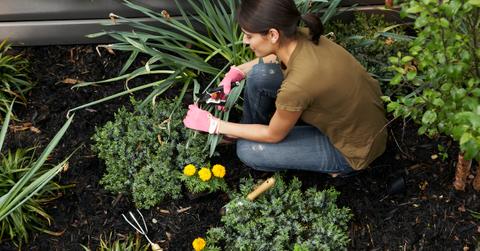
Gardening is perhaps one of the greenest hobbies a person could have, and yet, so much of the process is not exactly eco-friendly. Think about it: plastic leaf bags, wasteful water systems, plastic garden liners, pesticides, fertilizers, plant food, and weed killer. For a seemingly natural activity, a lot of it can be downright anti-environmental. However, you can combat these issues by adopting these eco-friendly gardening habits:
Add compost
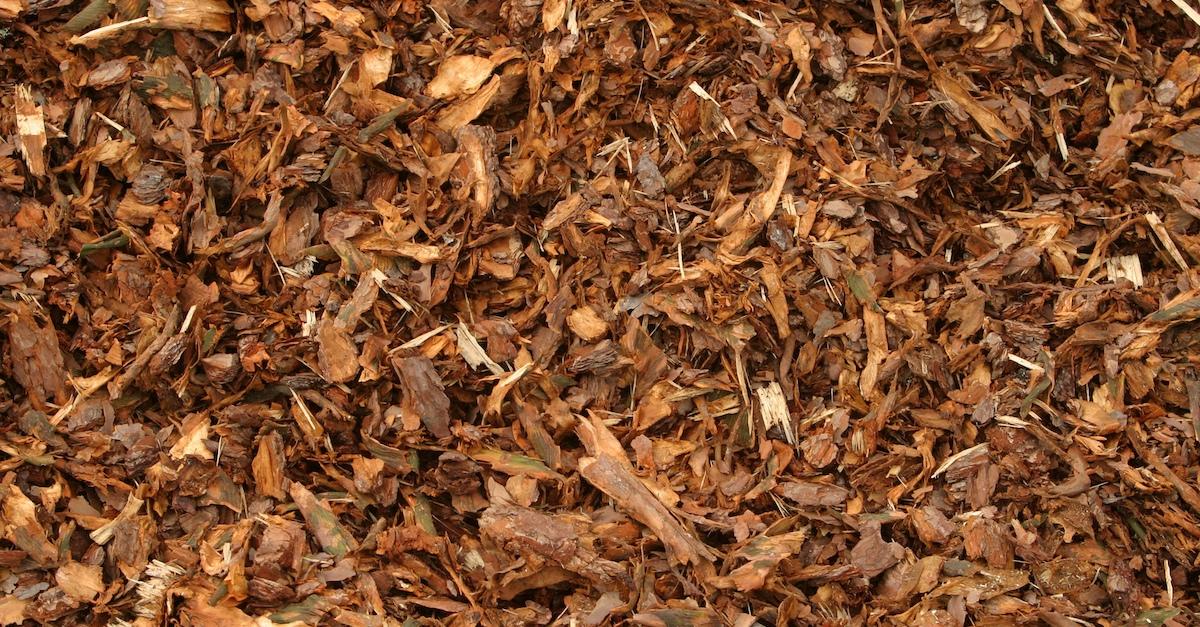
While compost should not be used as a full-fledged alternative to soil, adding compost to your garden’s soil is an eco-friendlier option than relying on chemicals. It can supply natural levels of nitrogen with added green materials (such as lawn clippings and fruit rinds), and carbon with brown materials (such as dead leaves, manure, and twigs). It can also help prepare your garden’s soil for springtime, if you cover the soil with approximately three inches of natural compost.
Use rainwater

Gardens often lead to wasted water — as per the EPA, American families waste about 320 gallons per day for lawns and gardens. Instead of contributing to that wasted water, you can introduce a rain barrel into your garden, to catch natural rainwater after each rainfall, which you can use to water lawns, gardens, and even to wash your car. Rainwater is chlorine- and mineral-free, but an open rain barrel could attract bugs and other unwanted debris, so make sure to cover it.
Add coffee grounds
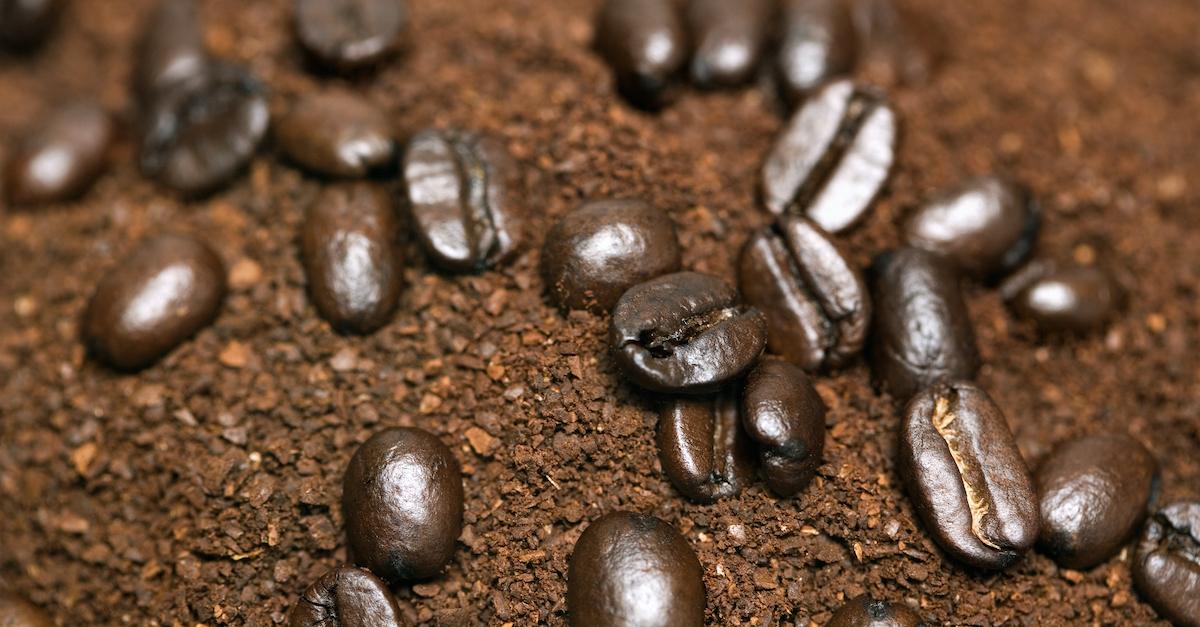
Coffee grounds work wonders for naturally fertilizing garden soil. According to Gardening Know How, coffee grounds improves the drainage, water retention, and aeration of the garden soil and provides a fertile environment for the various microorganisms that live there. Coffee grounds – which act as a more natural (and low-waste) version of fertilizer – also attract earthworms, which create a natural, soil-enriching fertilizer.
Plant with pollinators in mind
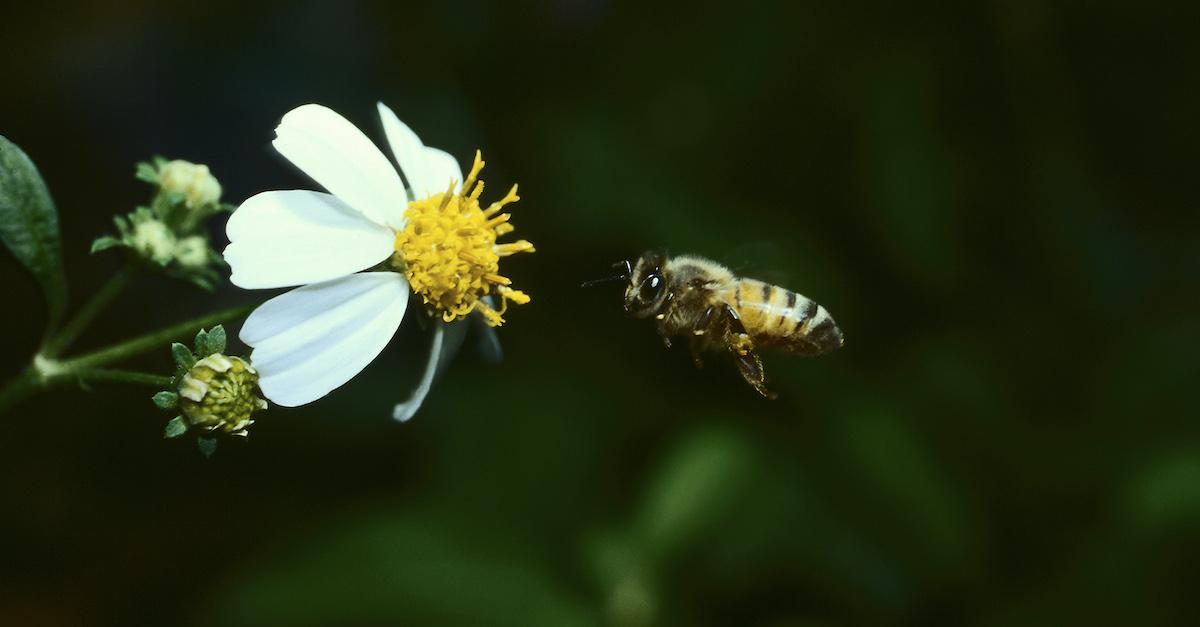
Planting pro-pollinator flowers and plants will help the necessary pollinator populations grow. Since bees are crucial to about 35 percent of the world’s crop production, restoring the bee population is vital, and you can do this by planting the specific flowers and plants pollinators love. such as catmint, goldenrod, lemon balm, lavender, thyme, wallflowers, and wild lilac, according to Tree Hugger. You can also increase bee populations by planting a variety of native flowers.
Encourage biodiversity
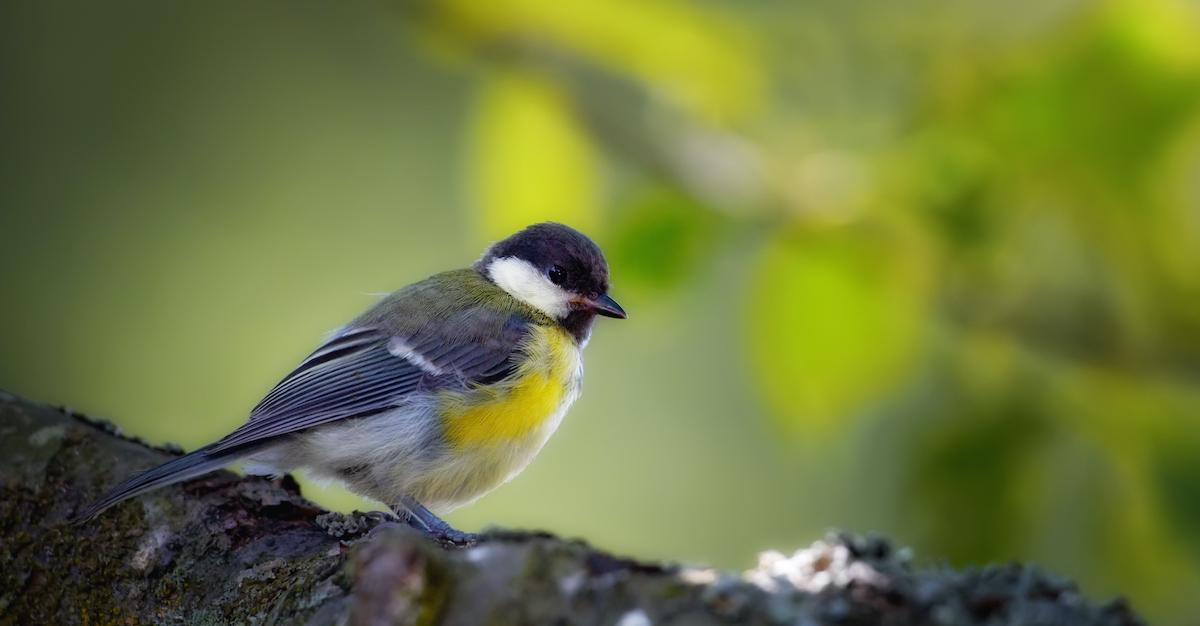
Planting a larger variety of flowers and plants will not only encourage more pollinators to stop by your garden, but it will also do wonders for increasing local biodiversity (aka by attracting birds!), to naturally help with pest control. To do this, add birdhouses and nest boxes to your garden along with dried or rotten fruit, and sunflower seeds. To attract hummingbirds, make a solution of sugar-water.
Reduce grass
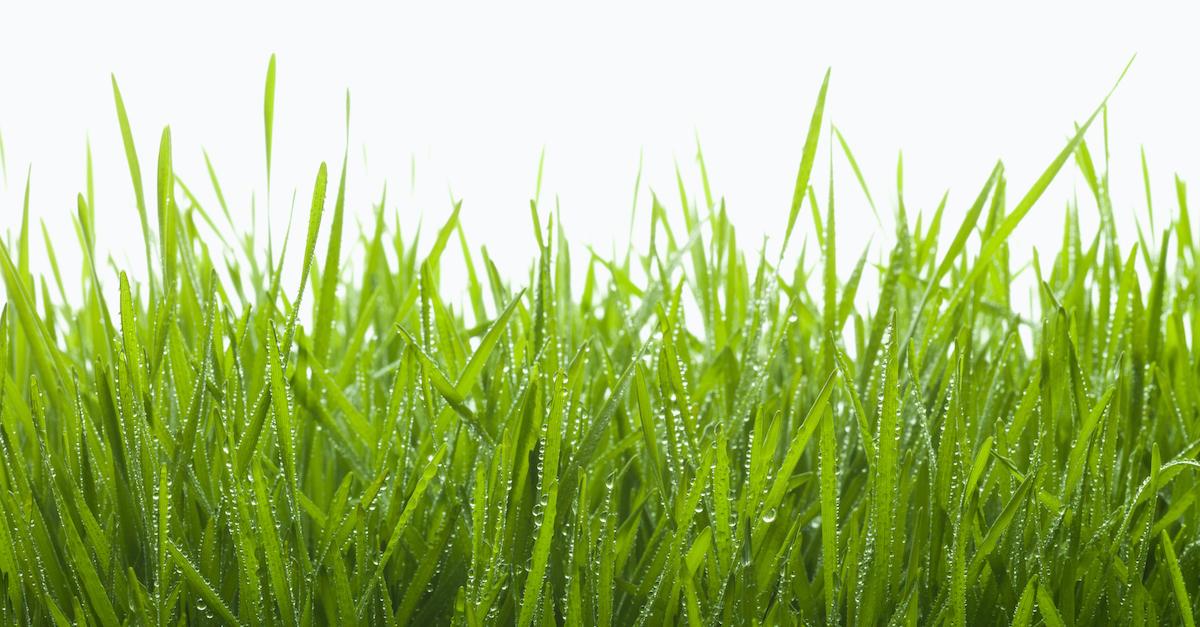
Grass requires a lot of watering and other resources, so reducing the grass on your lawn is actually the more sustainable and eco-friendly option. Instead of seeding in grass, cover the ground with wildflowers, plants, moss, and other materials that require less mowing, less watering, and less resources.
Make the switch to organic seeds
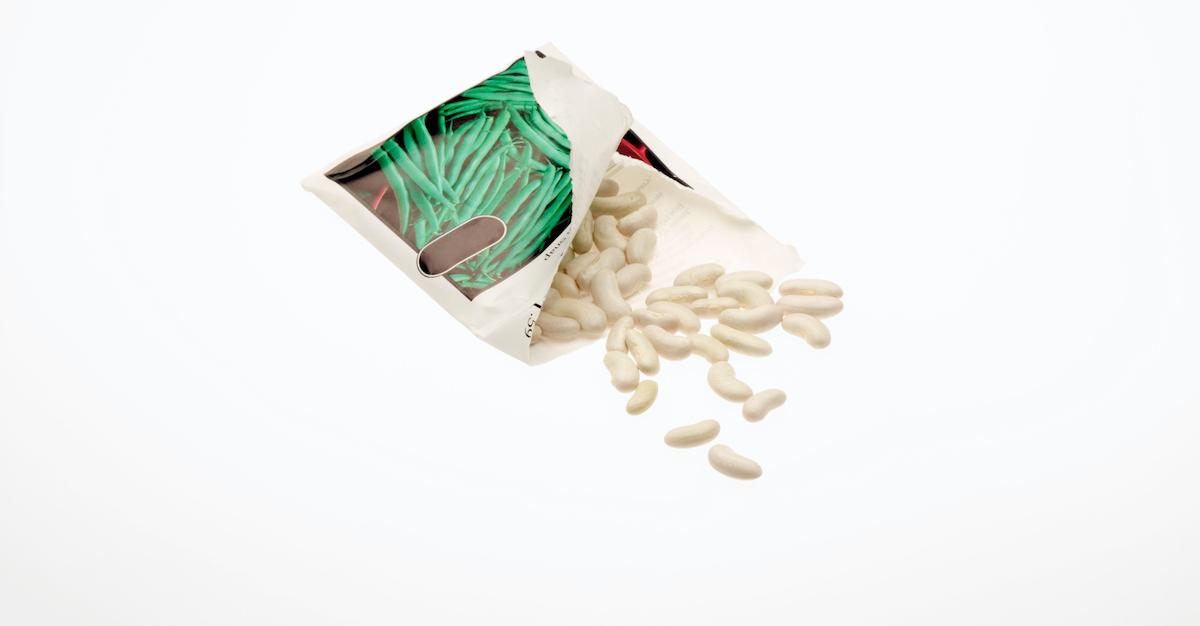
To ensure your garden is as eco-friendly as possible, switch out non-organic seeds for organic seeds. The benefit of planting organic seeds is that they are treated with far less pesticides than conventional varieties, according to Garden Myths.
By following these eco-friendly tips, your garden will be greener than ever, in more ways than one.